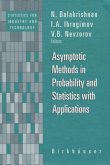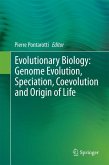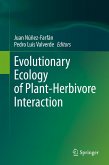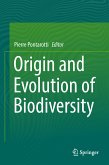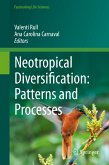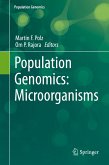Development is a complex and highly dynamic process involving the cross talk among genes, maternal effects and environmental circumstances. Widespread evidence from plant to animal species show that variation in developmental conditions can modulate life history trajectories and influence key traits, such as growth, reproduction, and senescence. These effects are not limited to a single generation but can also be passed on future generations. This book aims to bring together studies of early life effects from the fields of evolutionary biology, global change biology, and biomedicine to synthesise and improve current knowledge of the mechanisms involved, and how variation in early life conditions translates into Darwinian fitness outcomes. Relying on examples of organisms' responses to the ongoing and future environmental challenges of the Anthropocene, this book takes a novel approach to address the adaptive meaning of early life effects. The book has a broad scientific approach, targeting eco-evolutionary biologists, behavioural biologists, eco-physiologists, eco-toxicologists, as well as epidemiologists and biomedical scientists.
Dieser Download kann aus rechtlichen Gründen nur mit Rechnungsadresse in A, B, BG, CY, CZ, D, DK, EW, E, FIN, F, GR, HR, H, IRL, I, LT, L, LR, M, NL, PL, P, R, S, SLO, SK ausgeliefert werden.
Hinweis: Dieser Artikel kann nur an eine deutsche Lieferadresse ausgeliefert werden.




